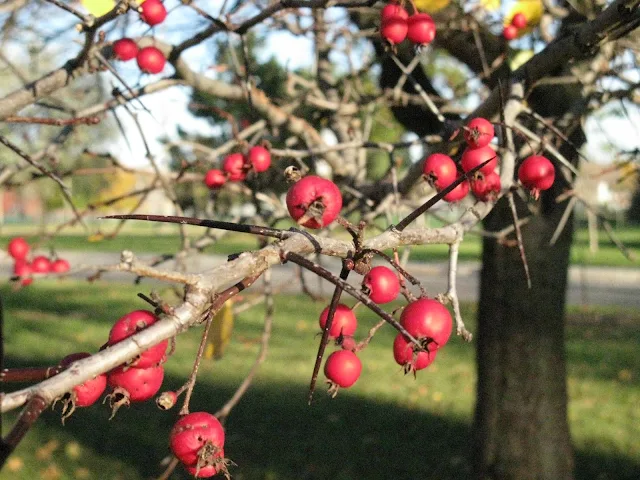Indigenous Poems and
Stories from Quebec
Languages of Our Land,
Indigenous Poems and Stories from Quebec,
Langues de Notre
Terre, Poèmes et Récits Autochtones du Québec
Susan Ouriou, ed., and Christelle Morelli, trans.,
Banff Centre
Banff, 2014
I
|
f you read Languages
of Our Land / Langues de Notre Terre with any preconceptions about
Indigenous writing, then you will be surprised by these twelve writers from
Quebec; they are all unique and talented voices. All of these authors write in
French and for the most part they live either north of or in the Quebec City
region.
I suspect that many readers of this
book will be English-speaking. What might be interesting for them is to read
the English translation and the French text together. Don’t just ignore the
original text; even with thirty-year-old high-school French you can benefit
from this reading. With no offense to Christelle Morelli, who translated this
book into English, you will see the limitation of translation. There is an
almost ineffable quality to a text in its original language that can elude even
the best translator. For instance, here is the beginning of Mélina Vassiliou’s
wonderful poem “Birthing/Writing.” In English the text is flat: “birthing
/ writing // writing / my future.” But in the original
French you have the wonderful sound of the words, as Mélina Vassiliou wrote
them; they have a vigour not found in the English translation. Here is the same
passage in French: “progéniture / écriture // écriture /
mon futur.” These are powerful words in French, and you can get the full force
of the words by reading them out loud several times, “écriture / mon
futur”—“écriture / mon futur.” It becomes mantra-like, an inspiring motto
reminding poets that the profundity of our existence lies in communicating our
vision, it is our present and our future.
In “Roadblock 138–Innu Resistance,”
the Innu poet Réal Junior Leblanc asks, “How can we / defend our heritage / and
our children’s future / against the moneyed giants?” I used to live near the
New York state border on Route 138, the highway that Leblanc refers to. It is
mostly a secondary highway that runs its 1400-kilometre length slightly
diagonally east and west through country and city across the province of
Quebec. In some ways, this road is an asphalt soul of the province connecting,
linking, joining people from north to south. I am reminded of the Mohawk
blockade of the Mercier Bridge, on Route 138 as it enters Montreal, back in
1990, and the reaction of the majority of the population against this manifestation.
Any answer for Leblanc’s question, “how can we defend our heritage?” is both
difficult and complicated; however, Leblanc writes, “I weep / for all the
rivers / they will divert / for all the forests / they will plunder / for all
the lands / they will flood / for all the mountains / they will raze // To
them, I will say always / from the depths of my soul / No.”
It might be difficult to maintain a
“No” when the force of modernity and so-called progress surround one. So much
is political in Quebec: French, English, First Nations. We who live here know
that our identity is in the language, or languages, one speaks; it is our
endless conversation, our endless dance. Even though writing in French, Manon
Nolin, in her poem “The Land of My Language,” is referring to her Innu-aimun—her
Innu language:
Roots
of our ancestral lands
a word, a language
that of my ancestors
bear my promised land
a word, a language
that of my ancestors
bear my promised land
The language
of my cradle
becomes my land
and so the territory of my tongue
remains my life’s Innu-aimun.
becomes my land
and so the territory of my tongue
remains my life’s Innu-aimun.
If poetry is the voice of the human
soul, as I believe it is, then these Indigenous writers are the voice of the
soul of their community. As editor Susan Ouriou writes in her Introduction,
they bring to us a “reinterpretation of history and a rediscovery of spirit.”
There is so much of interest in Languages of Our Land / Langues de
Notre Terre that I regret not being able to discuss each author in
some detail. However, perhaps the poet Johanne Laframboise speaks for all of
the writers in this book when she writes, “One cannot kill / poetry // it
withstands all / for us // we owe it to ourselves / to be poets / in this
century” (“Emergence”). “One cannot kill / poetry” is a statement of survival
and transformation and a wonderful affirmation of the creative spirit. These
writers bear witness to their vision and their community in this excellent
anthology.
